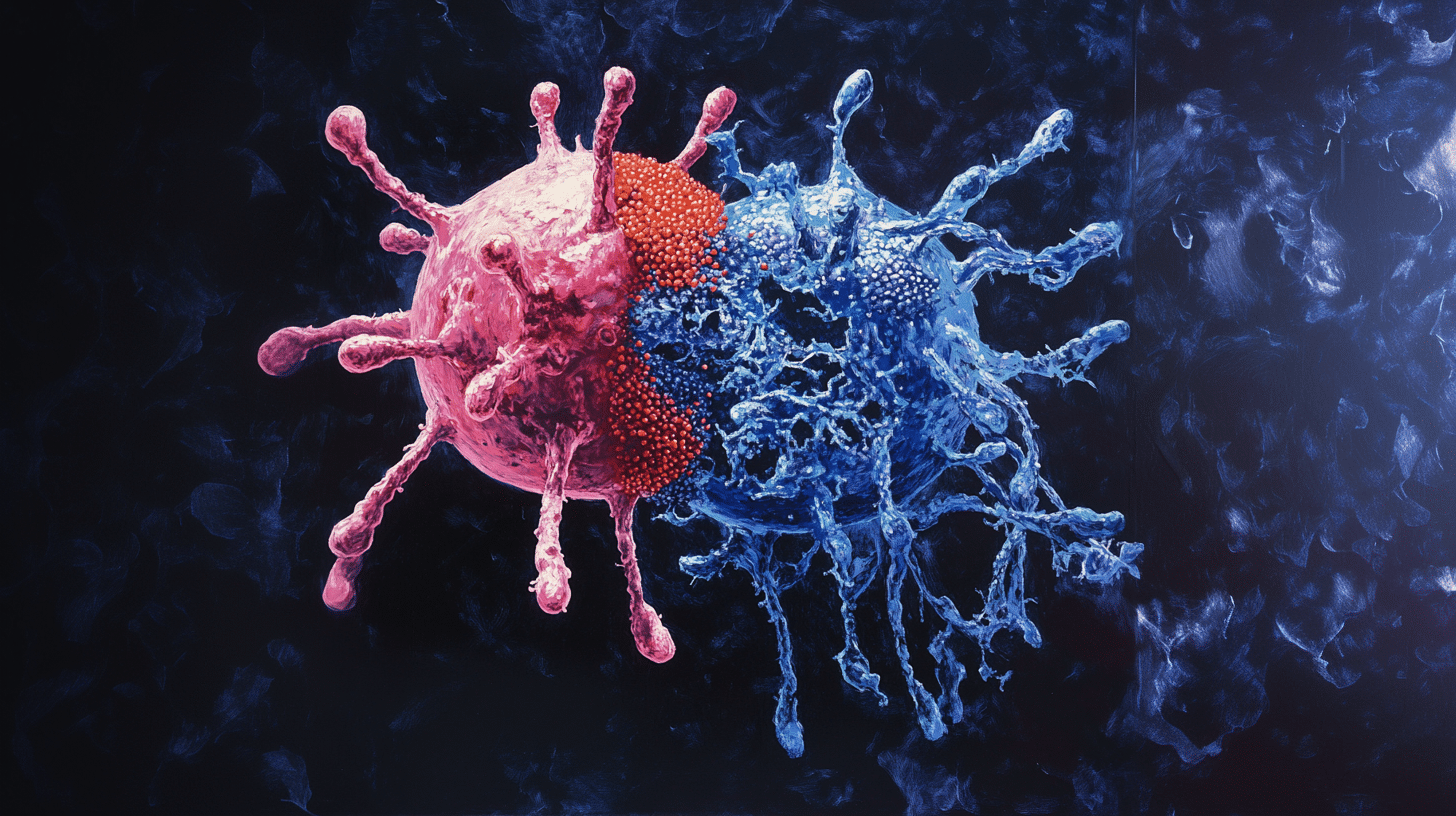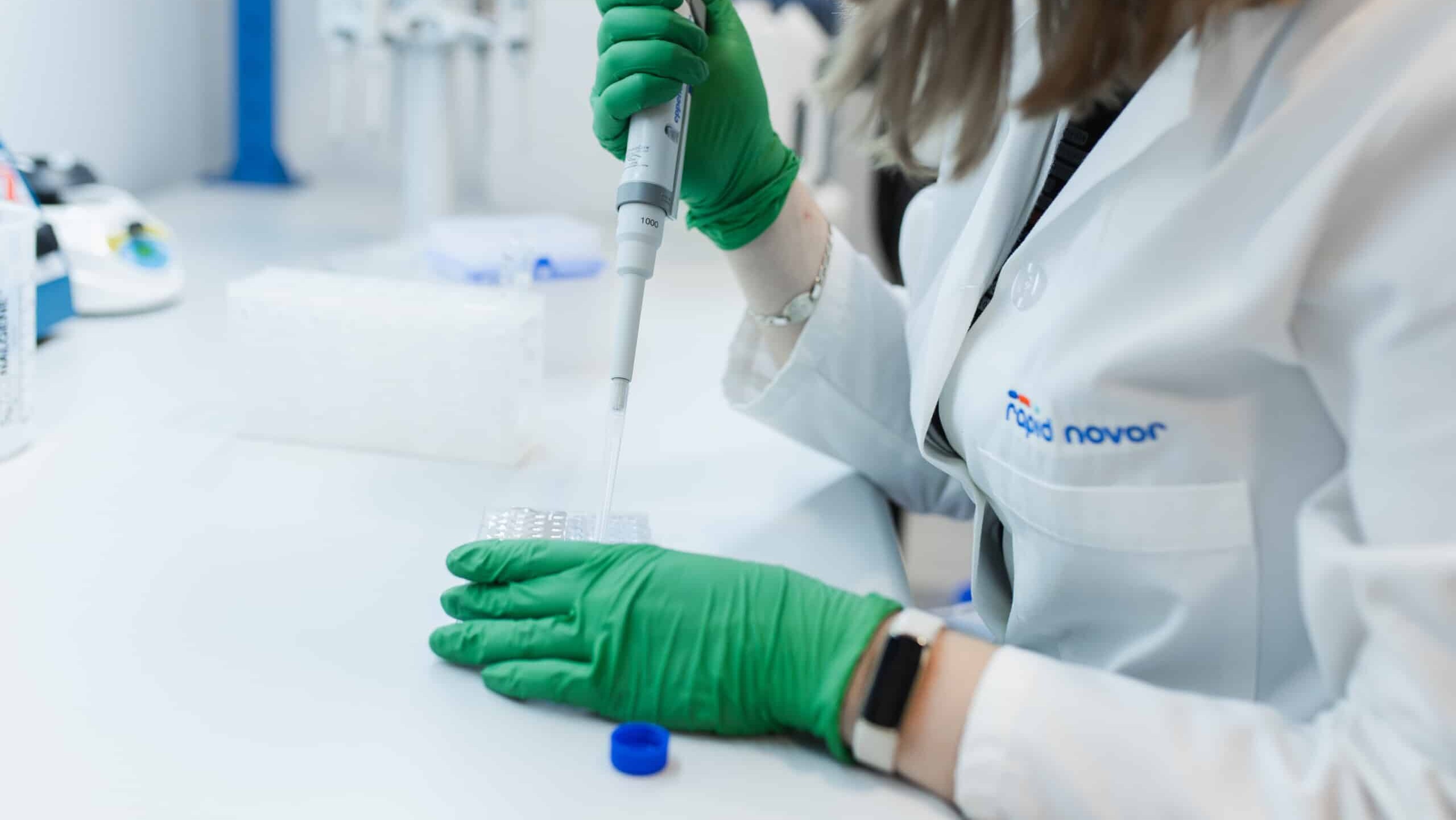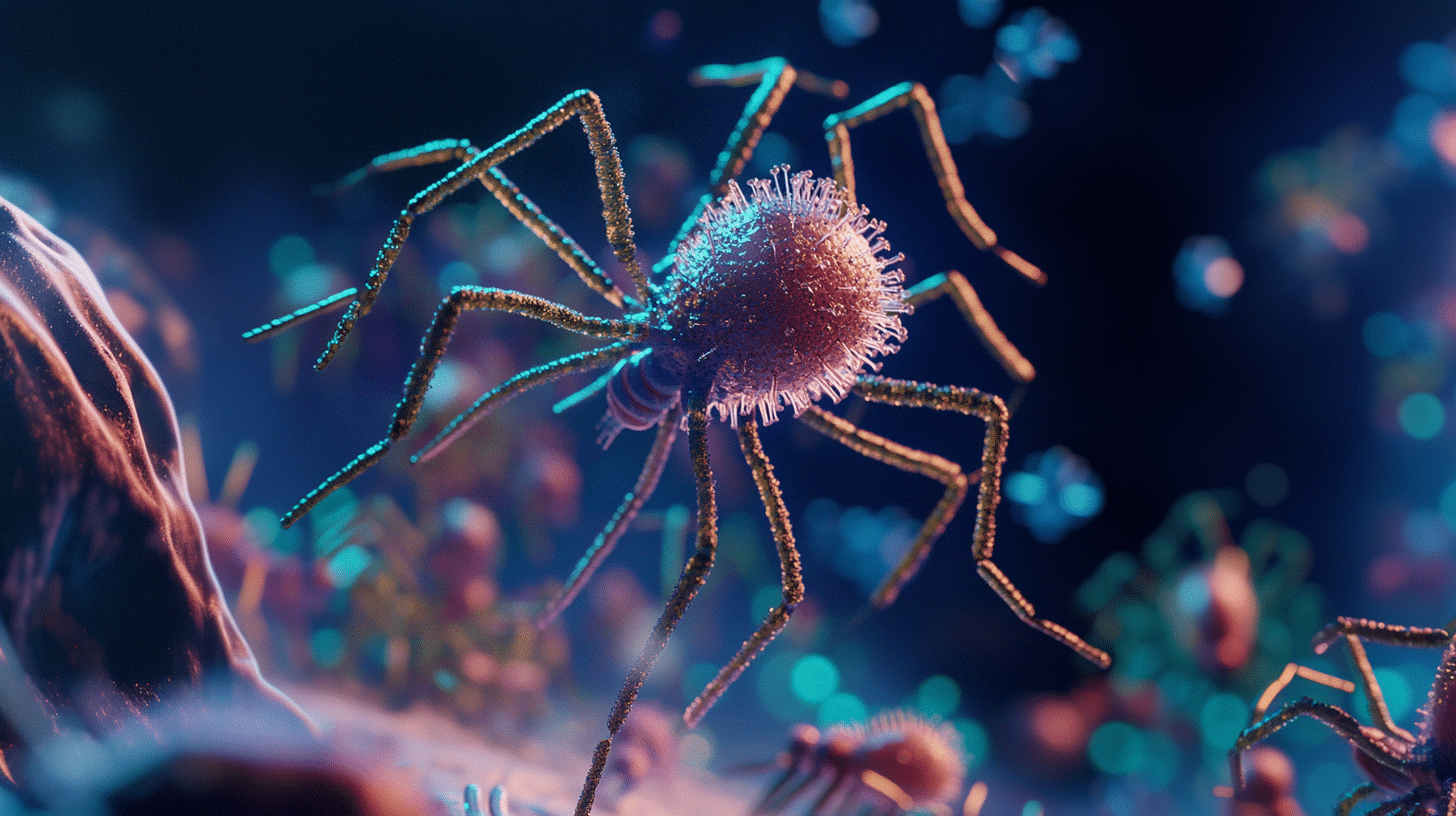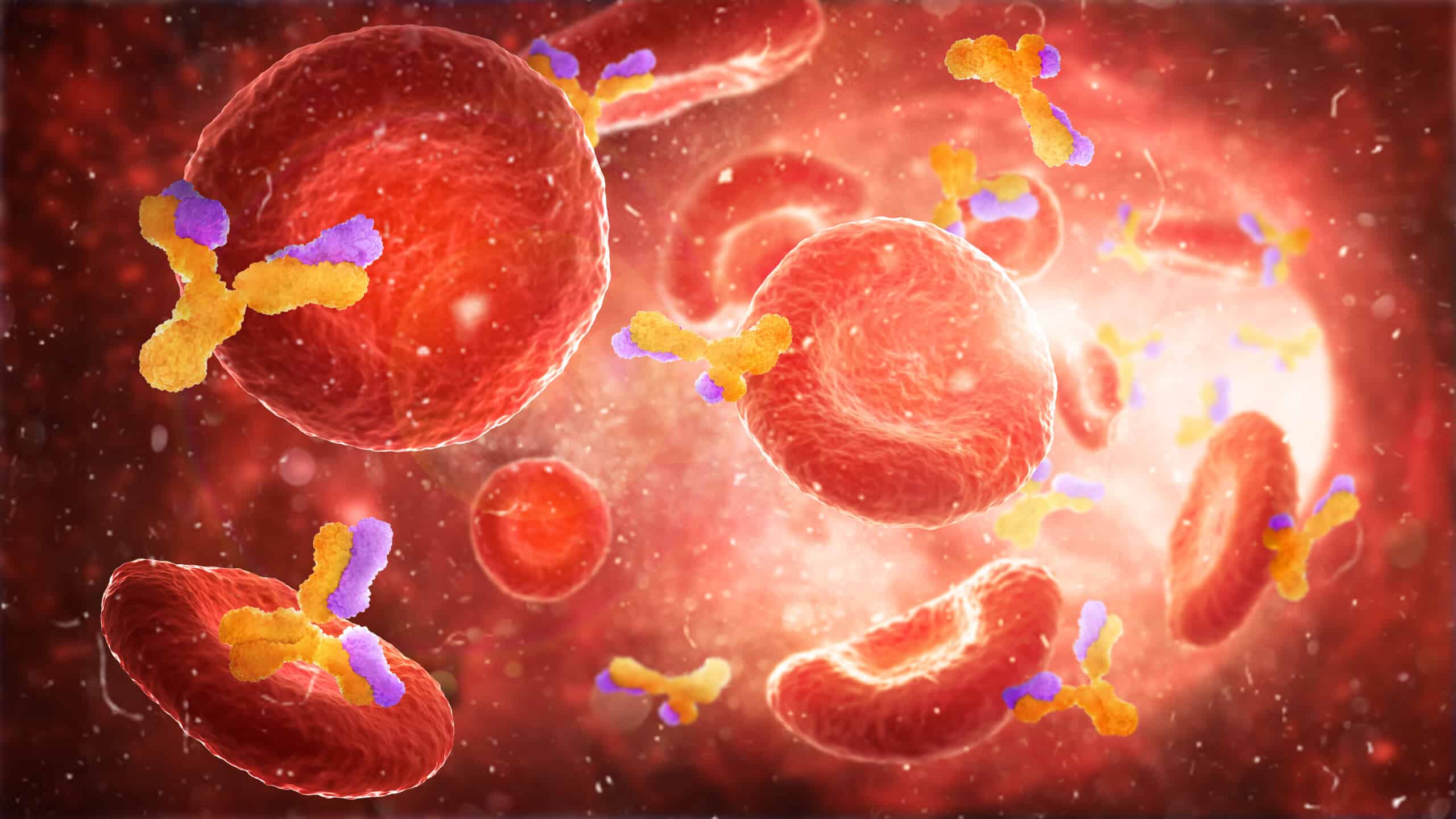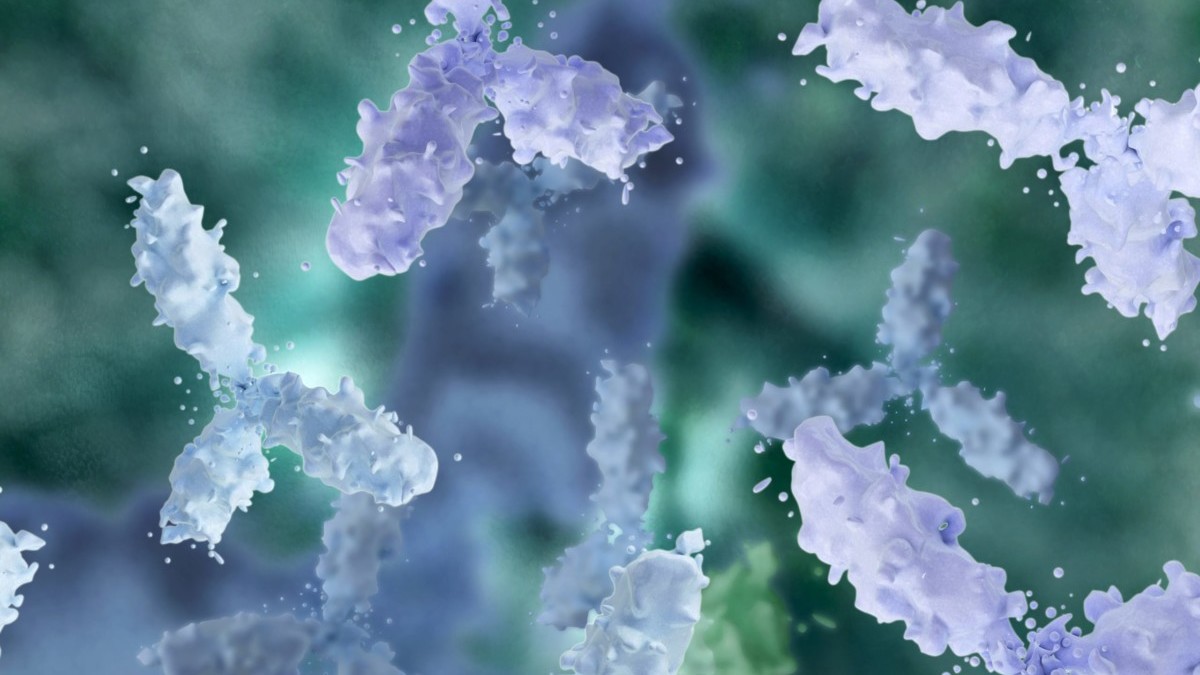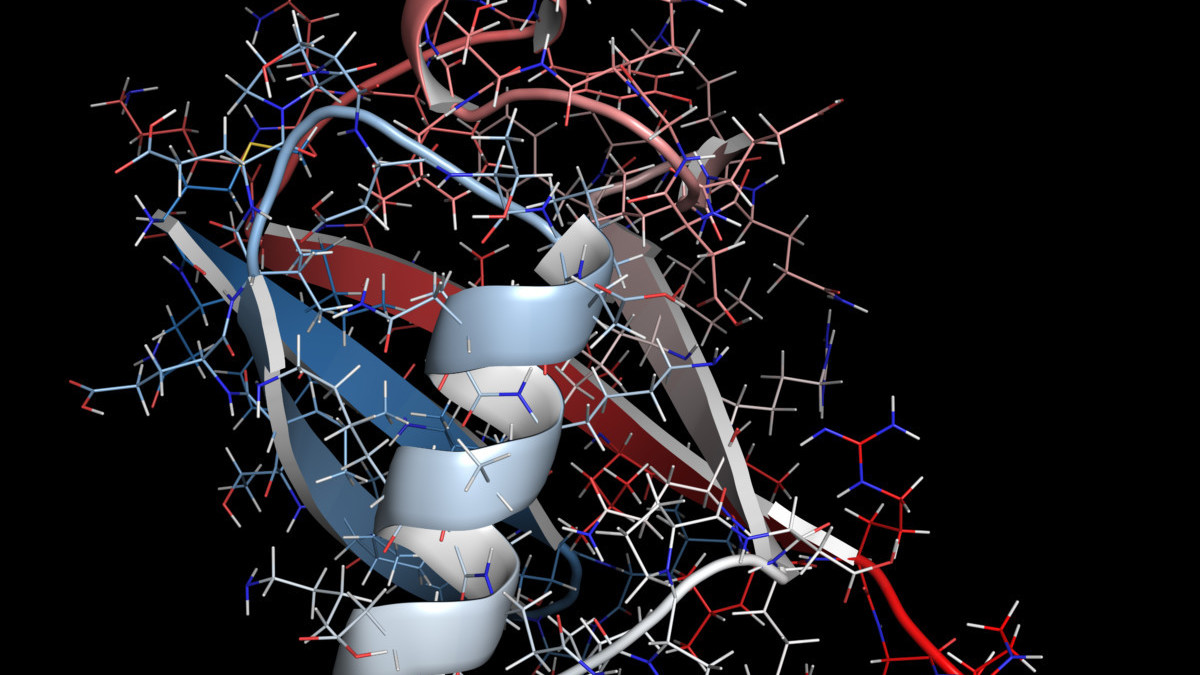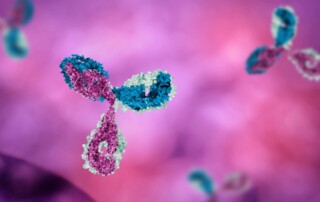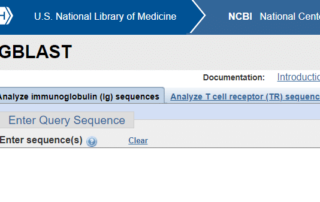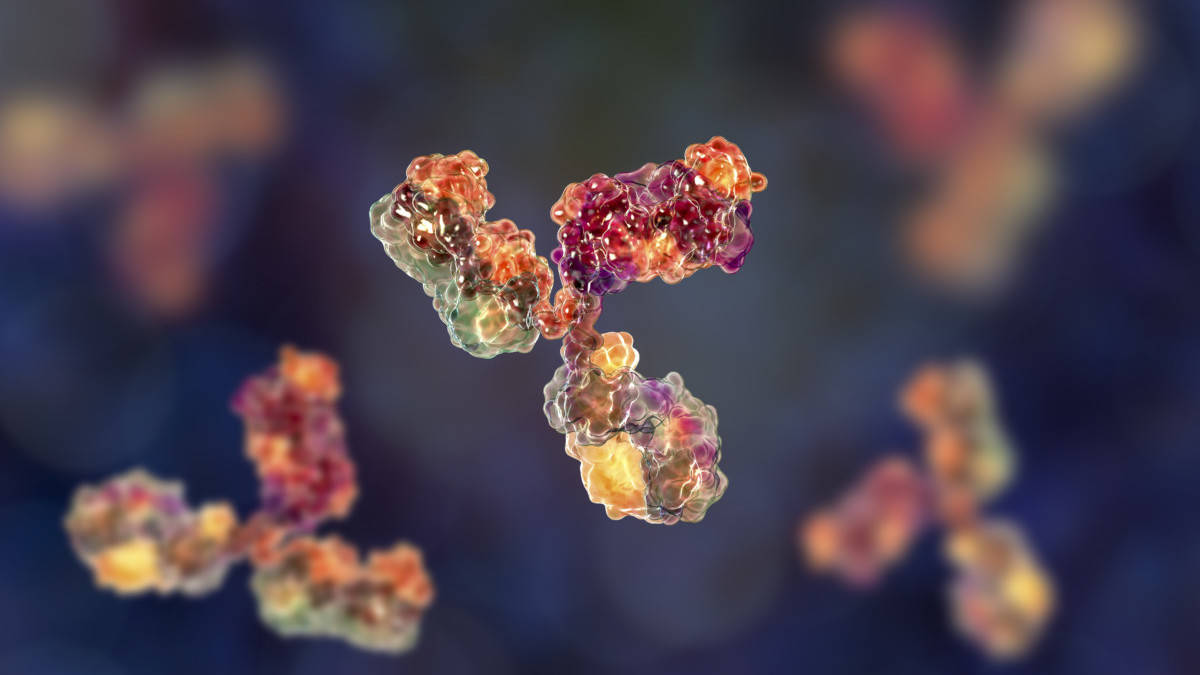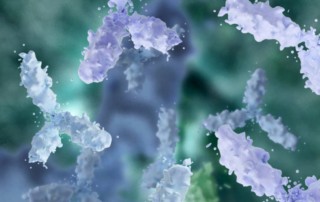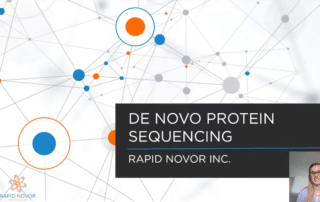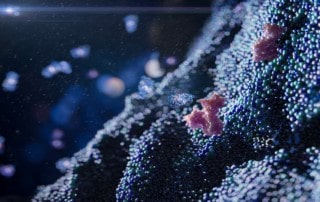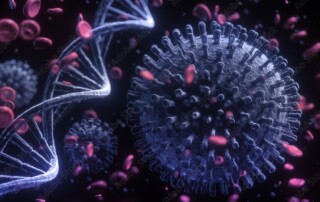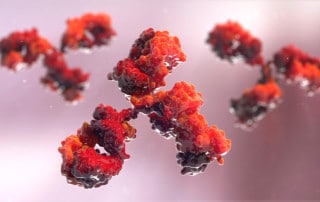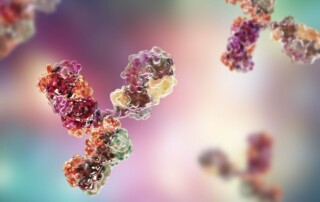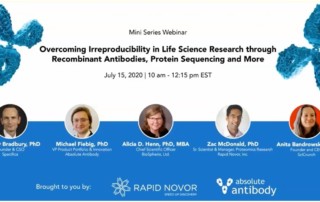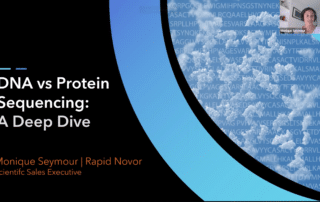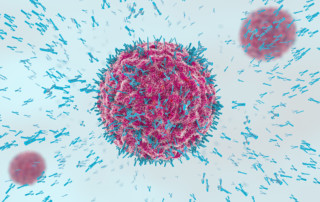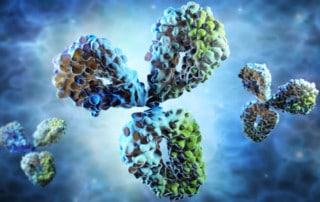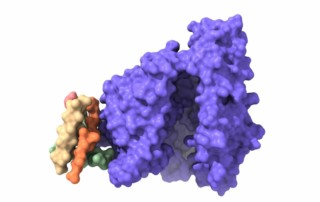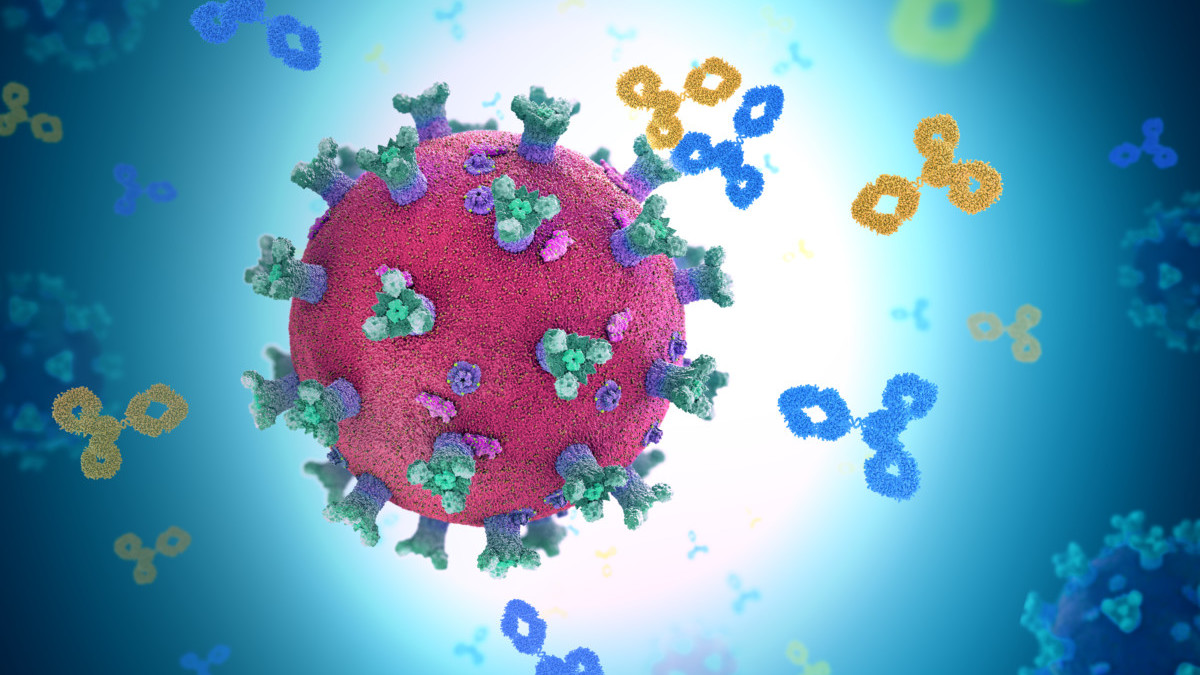Antibody Learning Centre.
Here you will find fundamental concepts and the general state of the art in our industry. Topics range from antibodies, to drug discovery and development, to protein characterization, to bioinformatics, and much, more.
- What is Protein Mass Spectrometry? – Article
- How to Determine Peptide Sequences – Article
- Antibody Characterization by Mass Spectrometry – Webinar
- Antibody Drug Discovery and Development: Dive into each of the stages of early drug discovery and development – Article
- Immunochemical Characterization of Therapeutic Antibodies – Article
- Functional Characterization of Therapeutic Antibodies – Article
We encourage you to dive into more of our resources below. Contact us for more information.
Live Webinar: July 22, 2025 | 11:00AM EST
Anti-Idiotype: Test Then Express
Functional Pre-Selection Accelerates Antibody Discovery
Fill out the form below to register for the webinar.
Latest Posts
Resources
What is Peptide Mapping?
Peptide mapping is a widely used analytical technique to verify the primary structure (amino acid sequence) and characterize the chemical modifications of a protein. It analyzes peptides generated from the digestion of an isolated protein, or a protein mixture
Antibody Inaccuracy, Non-specificity and Irreproducibility at The Root of Research Extinction
Antibodies are integral to life sciences research and therapeutic and diagnostics discovery and development. However, they are inherently prone to variability.
What is IgBLAST?
Written by Yuning Wang, PhD and María Gerpe, PhD November 12, 2021 Contents IgBLAST Definition Why was IgBLAST Created? The [...]
Next Generation Protein Sequencing in Veterinary Medicine and Industry
Since 2006, the One Health Initiative (OHI)’s goal has been to demonstrate the inextricable link between humans, animals, and the environment. Certainly, the current global pandemic is a great testament to the ties between climate change, humans, and animals that OHI has been working to highlight. The rise of other zoonotic diseases (e.g., Hendra, and Nipah viruses) not only directly affect humans through disease transmission but may also result in deep impacts to the food supply
Recombinant Antibodies: A New Generation Enabled by Protein Sequencing
Recombinant antibodies are artificially synthesized antibodies. Recombinant antibodies are generated from expression systems (e.g., E.coli, yeast, mammalian cell lines) via transfection with two separate plasmids encoding the amino acid sequences for the light and heavy chains, respectively. In order to recombinantly produce mAbs, the amino acid sequence of the light and heavy chains must be known. There are many ways to obtain the sequence of an antibody.
Camelid Antibodies and Nanobodies
Written by: Yuning Wang, PhD Updated: January 18, 2023 (Published: January 21, 2022) Contents Discovery of [...]
Breakthrough Bispecific Antibody R&D Techniques
To develop robust mAb biologics, it is vital to fully characterize the protein, including its primary sequence, mutations, and important post-translational modifications
Introduction to De Novo Protein Sequencing
In this on-demand webinar, our scientific sales executive Jennifer, will briefly cover the fundamentals of protein sequencing, how researchers have benefited from implementing protein sequencing into their pipelines, and discuss how Rapid Novor is able to routinely and robustly achieve 100% accuracy and 100% coverage for both monoclonal and oligoclonal antibodies.
Research Insurance with De Novo Protein Sequencing
If you could have guaranteed stability, certainty, and reproducibility for your research, would you be interested? Imagine this, if you’re 2 years into your project and your freezer died along with all of your important cell lines, what would you do? This is just one of the situations covered in this webinar, along with many other solutions researchers have begun to implement to safeguard their efforts. Whether you’re looking to proceed with stability and certainty or you’re looking for an immediate solution for your current reproducibility challenges, protein sequencing may be the answer.
Antibody Sequencing as a Tool to Improve Reproducibility in the Life Sciences
At PepTalk 2021, we discussed the importance of antibody standardization and explained why it’s crucial for the longevity of your research. You can listen to the full on-demand video here.
Leveraging Polyclonal Antibody Sequencing to Get High Affinity Binders Against Tough Targets
When it comes to polyclonal antibodies, how they are discovered can be just as important as how they are reproduced. In our talk originally presented at Antibody Engineering & Therapeutics Digital 2021, we highlighted the latest technology that’s capable of capturing the most abundant and high-affinity monoclonal antibodies directly from a poly mixture.
Leveraging pAbs for Therapeutic Development
Over the past several years Rapid Novor has been developing the world’s best antibody protein sequencing platform, sequencing over 2700 monoclonal antibodies and proteins. In 2020, they unveiled their most advanced technology to date - REpAb® polyclonal antibody sequencing. The platform combines the world’s best protein sequencing technology and NGS to comprehensively mine the antigen-specific antibody repertoire present in rabbit and human patient samples. By leveraging the platform, teams can build robust antibody assays and therapeutic leads derived from patients’ blood.
Polyclonal Antibody Sequencing with Only Proteomics
Over the past 5 years Rapid Novor has perfected monoclonal antibody sequencing, and is now sequencing mAbs from polyclonal mixtures using REpAb®. After successfully launching their proteogenomics based sequencing technology to deconvolute the immune response, the team has further evolved the technology and has derived the most abundant mAb sequences directly from rabbit blood using only proteomics. The talk will surround the development, progress and use cases for REpAb®.
Overcoming Irreproducibility in Life Science Research
Our team, along with four other industry panelists, discuss ways to safeguard their research through recombinant antibodies, cell culturing procedures, antibody protein sequences, and reference identifiers.
DNA vs Next Generation Protein Sequencing – a Deep Dive
This webinar offers insight into how DNA and protein sequencing compare to each other.
Antibody Characterization by Mass Spectrometry
In this on-demand webinar, we discuss why it is important to characterize antibodies based on their physical properties not just by what they bind, and how you can easily do the former via mass spectrometry-based protein sequencing.
Why Antibody Characterization Needs an Overhaul
To develop robust mAb biologics, it is vital to fully characterize the protein, including its primary sequence, mutations, and important post-translational modifications
New Era in Anti-Drug Antibody Assays
To develop robust mAb biologics, it is vital to fully characterize the protein, including its primary sequence, mutations, and important post-translational modifications
What is HDX-MS?
The origin of hydrogen-deuterium exchange (HDX) dates back to the 1950s, when protein scientist Linderstrøm-Lang created a method involving protein deuteration to distinguish amide hydrogens participating in secondary structures. Today, scientists frequently rely on HDX data to investigate protein structure, conformational dynamics, and protein-ligand interaction.
What is Polyclonal Antibody Sequencing?
The most straightforward solution would be to determine sequences of the dominating antibody forms in a polyclonal mixture to enable recombinant antibody generation and ensure reproducibility. This was recently made possible by the development of polyclonal antibody sequencing technology, which will be reviewed in this article.

